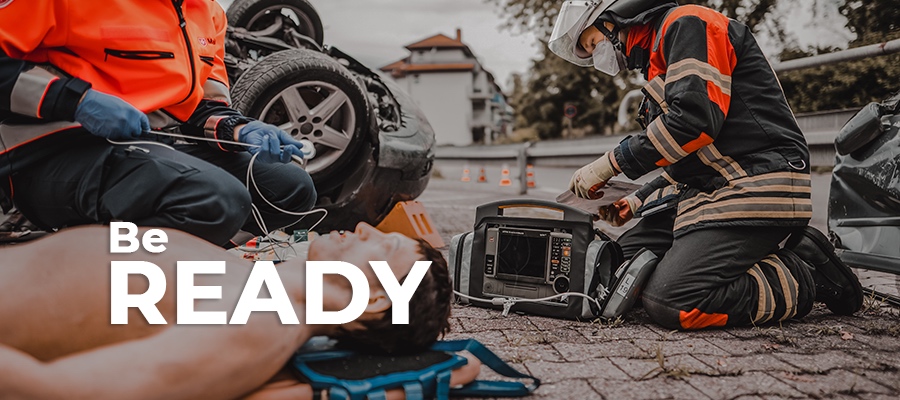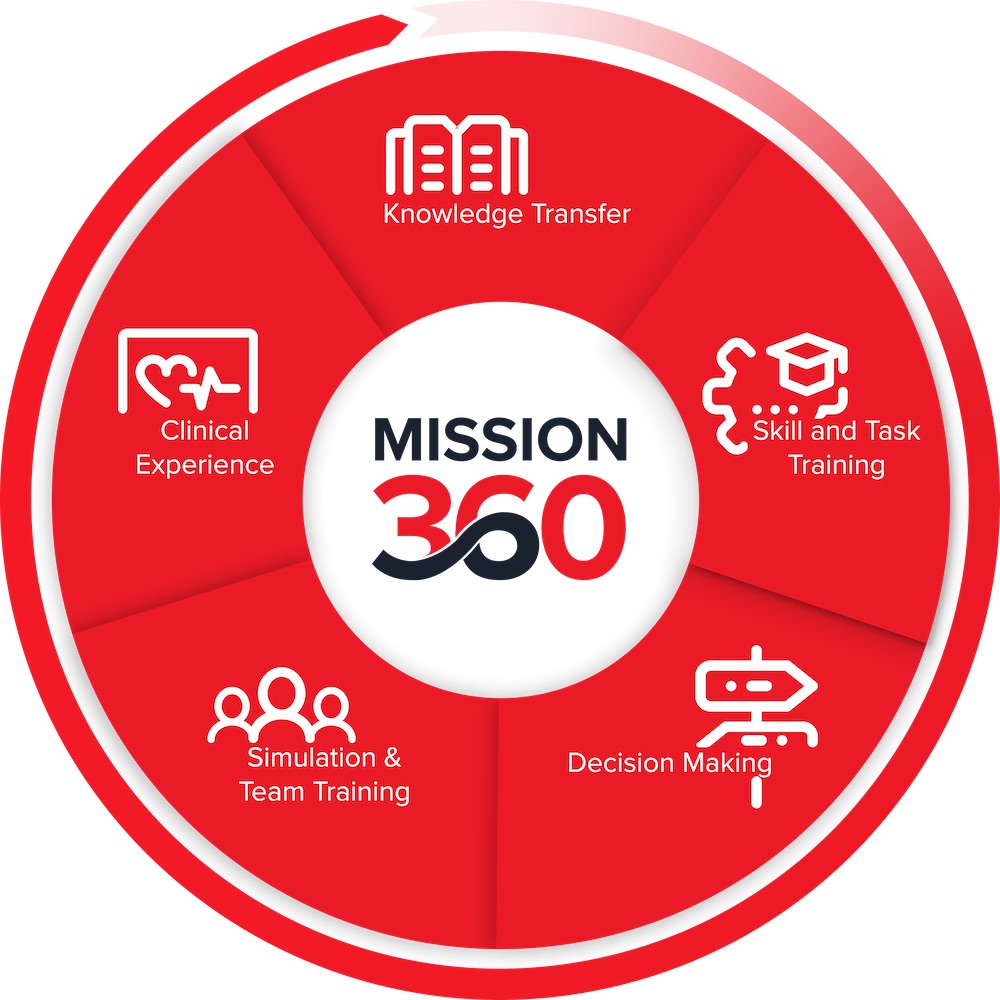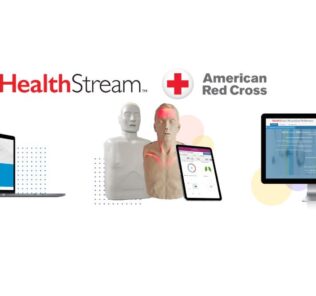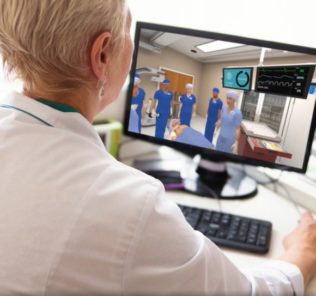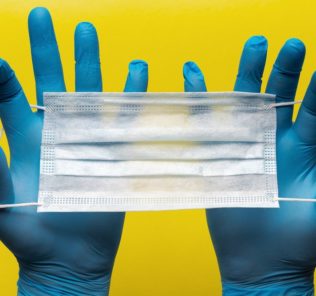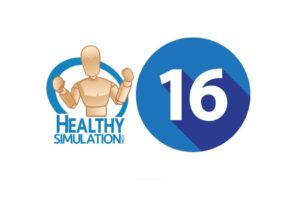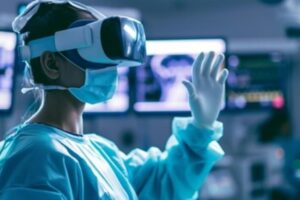How Healthcare Simulation Scenario-Based Training Can Improve Training Quality
Healthcare simulation is a highly effective tool for trainers to teach standardized patient care and create a true-to-life learning environment. For an effective clinical simulation, learners and healthcare simulation educators need qualified trainers, a goal-oriented curriculum, and reliable clinical simulation technologies. This article by Georg Hirsch, Chief Operating Officer at SKILLQUBE GmbH, and Andreas Fromm, MA, EMT-P, Medical Simulation Consultant at SKILLQUBE GmbH explains how healthcare simulation scenario-based training can improve training quality, and shares how SKILLQUBE can be used to enhance the overall learning experience.
The core understanding of healthcare simulation is based on the “cycle of learning.” Starting with basic knowledge which forms the foundation to be able to integrate theoretical knowledge into clinical simulation and team training to gain pre-clinical experience. Medical simulation educators must make sure their learners have access to the needed theoretical input to manage the exercises.
The next step is to transfer theoretical knowledge into hands-on skills. During skill and task training, learners should train different stand-alone skills and tasks and not a whole patient scenario. Demonstrations either by a trainer or a video help learners acquire and advance skills quickly. The skill training usually ends with a feedback session.
Sponsored Content:
To enable learners to make the right decisions, educators now move on to “decision-making training.” In this style of healthcare simulation, trainers show a whole patient case and focus on the training of algorithms. Their learners train to make the right diagnostic or therapeutic decisions to be ready for real-life emergency situations. A “decision-making” case should include a mix of feedback and debriefing.
The next – and most effective level – is “team training.” In team training, educators bring a whole patient case and external stressors into practice. Their learners execute effective crew resource management to perform high-quality treatment under pressure. These sessions need to end with an extended and professional debriefing. Ultimately, the goal of a good debriefing session is to enable your students to transfer the healthcare simulation experience into learners’ real work environment by debriefing their EMS calls in a team. Studies show that this practice will enhance patient safety.
Integrating Learning Circle Into Everyday Practice
Healthcare simulation training should begin with a general briefing. Start by explaining the agenda of the day, the learning objectives, and ask learners about any special needs. In addition, a short block of theoretical input will help your learners to activate their knowledge on the topic. Plan enough time for a clinical simulator introduction so learners can get familiar with the technology being used.
Sponsored Content:
The briefing should contain all the information learners need. Scenarios should last about 15 minutes and end with a debriefing session. Using at least the same amount of time for debriefing as the scenario is recommended. Nasco Healthcare recommends structuring a debriefing discussion as follows:
• Encourage active participation by asking learners for their thoughts on the session.
• Ask learners to explain the main medical issue.
• Select elements you want to address. Focus on “why” and not on “who.”
• Ask what was learned.
• The debriefing should end with a solution that students could incorporate in a real-world clinical simulation scenario.
Audio-Video Recording Systems Use For an Effective Debriefing
The analysis of a complex healthcare simulation case can be challenging for trainers. Audio-video recording help educators keep track of everything that happened during the clinical simulation scenario. SKILLQUBE qubeAV systems help them easily set markers at specific events educators would like to address in their debriefing. Use these to help learners recall the scenario and remember their thoughts and feelings. These impressions are necessary for real-world decision-making. SKILLQUBE simulation solutions add more realism to your clinical simulation training
In-situ training represents an important pillar for sustainable training and learning for greater patient safety. Naso Healthcare recommends using high-fidelity monitors/defibrillators and ventilator simulators which are based on real equipment. The company’s experience shows that this not only increases a participant’s commitment to the scenario but also their confidence in using the device.
SKILLQUBE has developed innovative state-of-the-art patient monitors and ventilator simulators to mimic real devices for a holistic simulation and extended learning experience. Mission360 focuses on holistic solutions for clinical simulation and team training.
Nasco Healthcare combines the company’s experience as trainers with the latest technology to develop systems that provide a real-life learning experience. With qubeSERIES simulators, users are able to play pre-programmed scenarios like ACLS, PALS, and megacode scenarios. They can adjust on the fly and focus more on their learners and not on their healthcare simulation equipment. Prepare learners with high-quality, true-to-life simulation training so they’re prepared to deliver the best treatment possible for improved patient outcomes. SKILLQUBE products can be purchased from Nasco Healthcare. Visit NascoHealthcare.com to learn more.
More About Nasco Healthcare
Based in Saugerties, NY, and Fort Atkinson, WI, Nasco Healthcare provides a wide range of innovative and affordable healthcare simulation products to healthcare professionals worldwide. The company was started in 1941 by Norman Eckley, an agricultural teacher who developed educational tools from his farm. Eighty years later, Nasco Healthcare now has the largest range of healthcare simulation solutions in the world with over 6,000 rugged, reliable, and realistic products. Their mission is to prepare frontline healthcare workers to Be READY.
- Ready to answer the call.
- Ready to make split-second decisions.
- Ready to deliver when it counts.
- Ready for any situation.
- Ready to save lives.
The company works to meet the ever-changing needs of frontline healthcare workers by offering a comprehensive portfolio of simulation products that fulfill a broad range of low and high-fidelity requirements, including virtual patients and artificial intelligence (AI).
Nasco Healthcare is passionate about developing training solutions that reflect diversity as racial and ethnic minorities tend to receive lower-quality access to healthcare. The company strongly believes that diversity in simulation helps ensure that healthcare workers are both knowledgeable and caring about the communities they will work in. This includes incorporating different skin tones into their products that reflect the unique populations that healthcare workers serve.
Learn More About SKILLQUBE
Sponsored Content:



